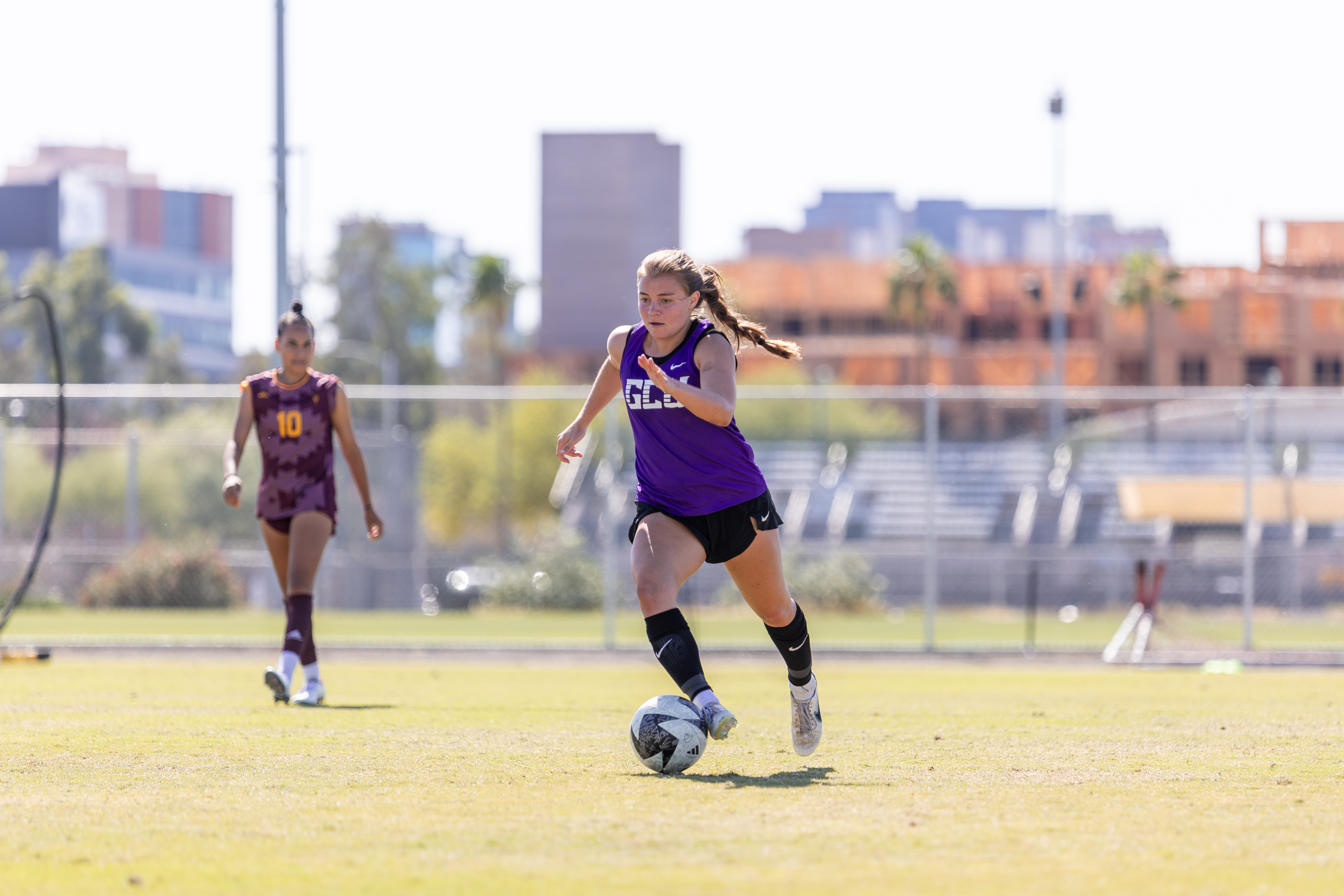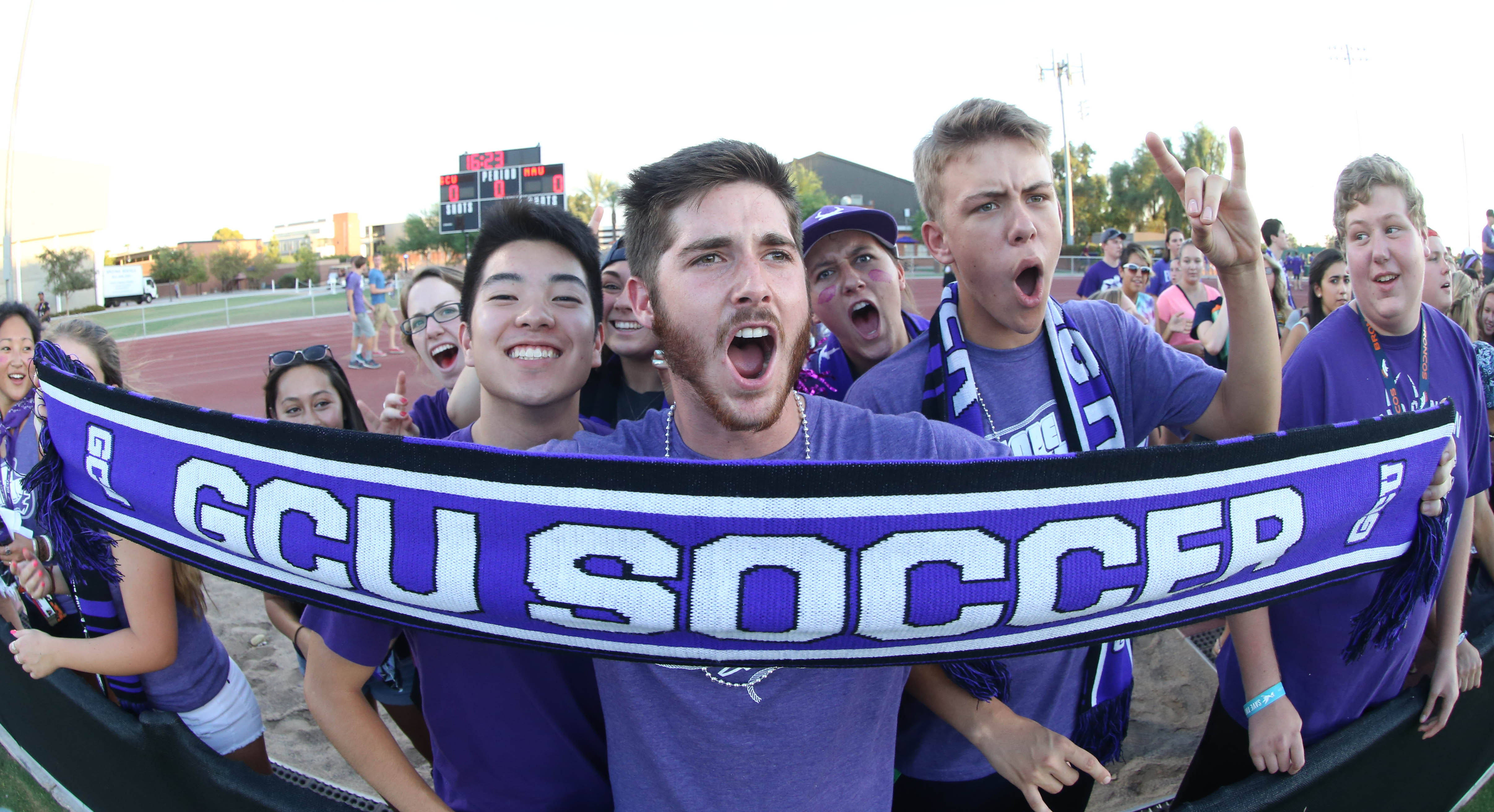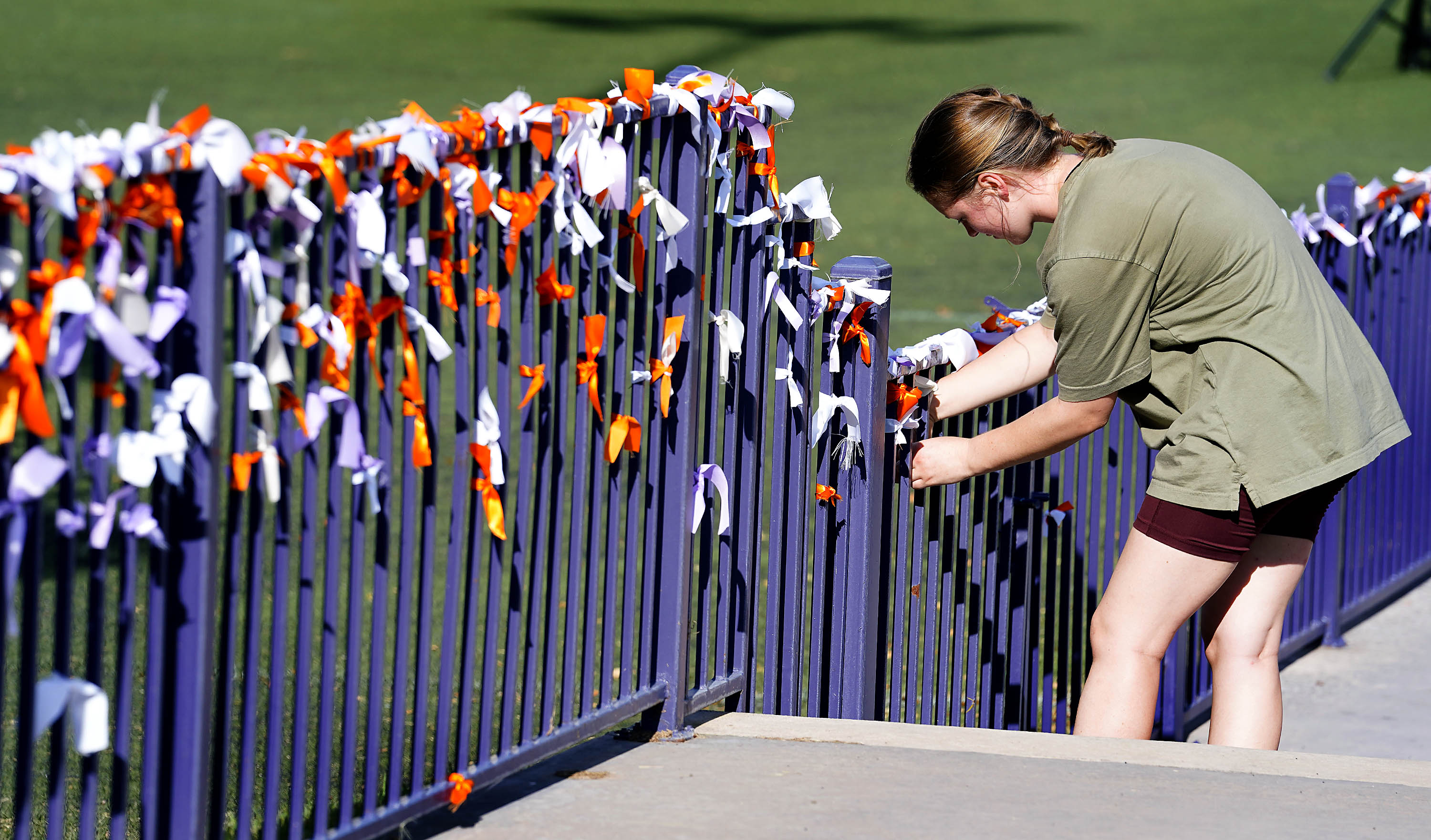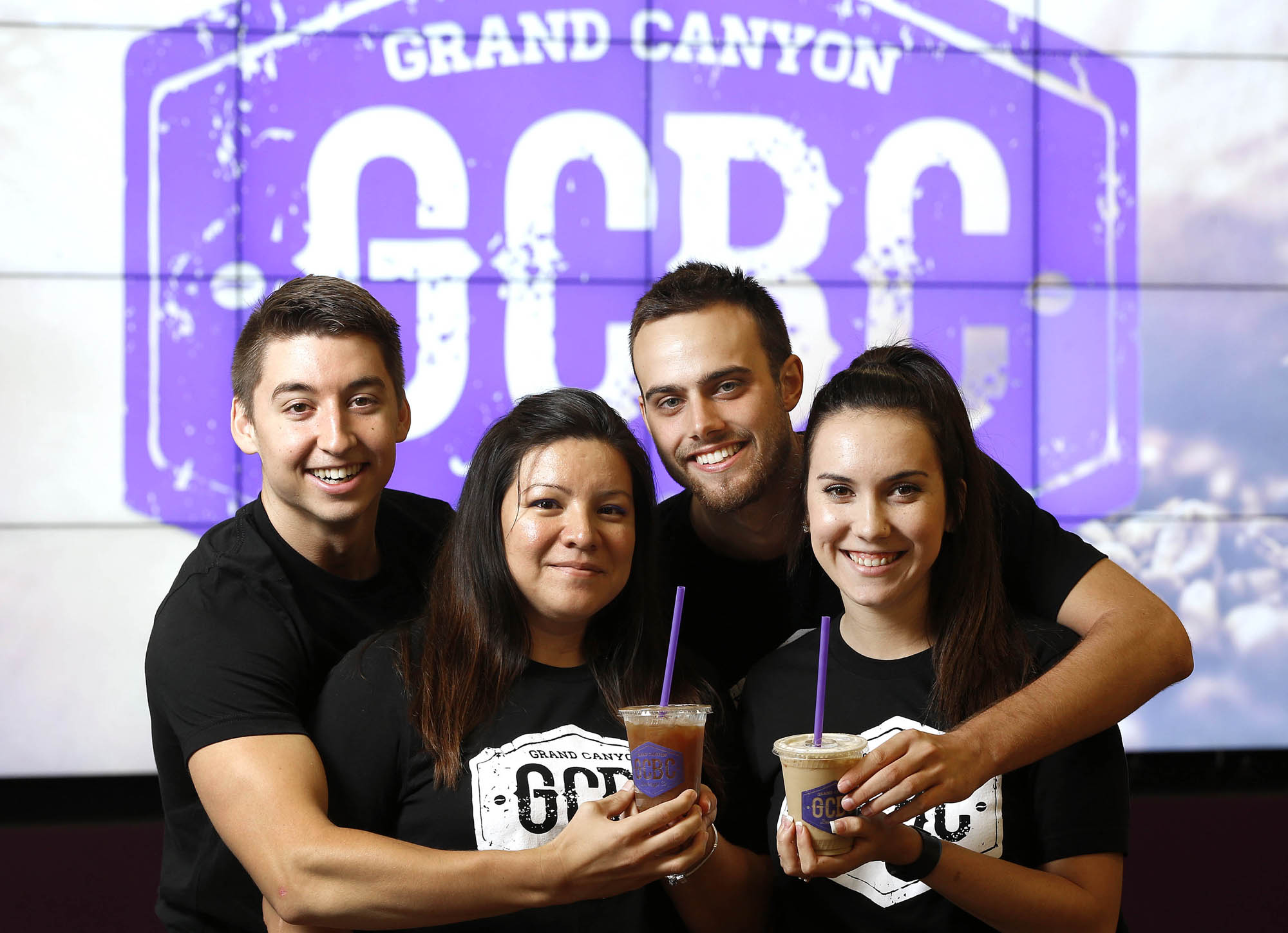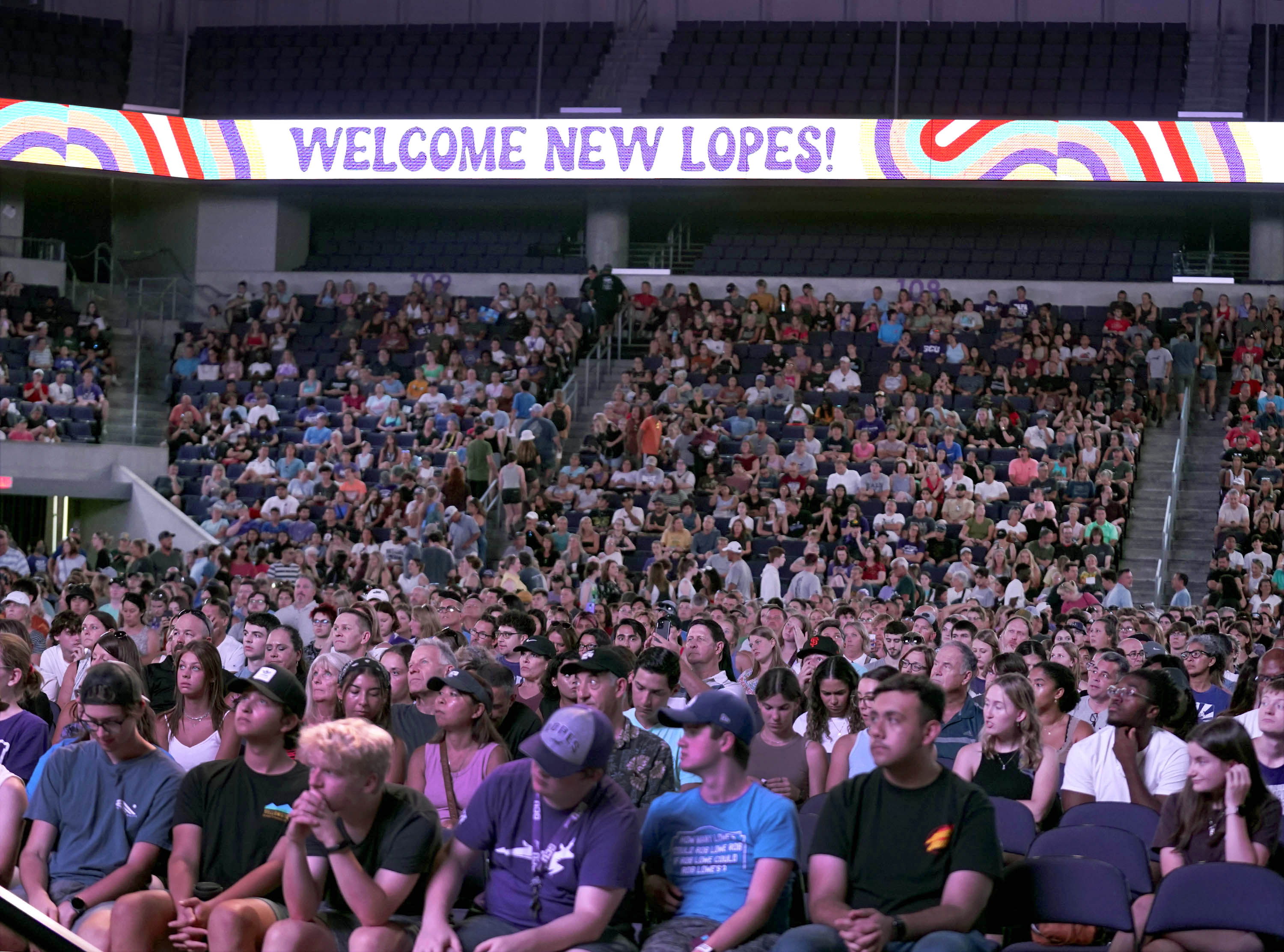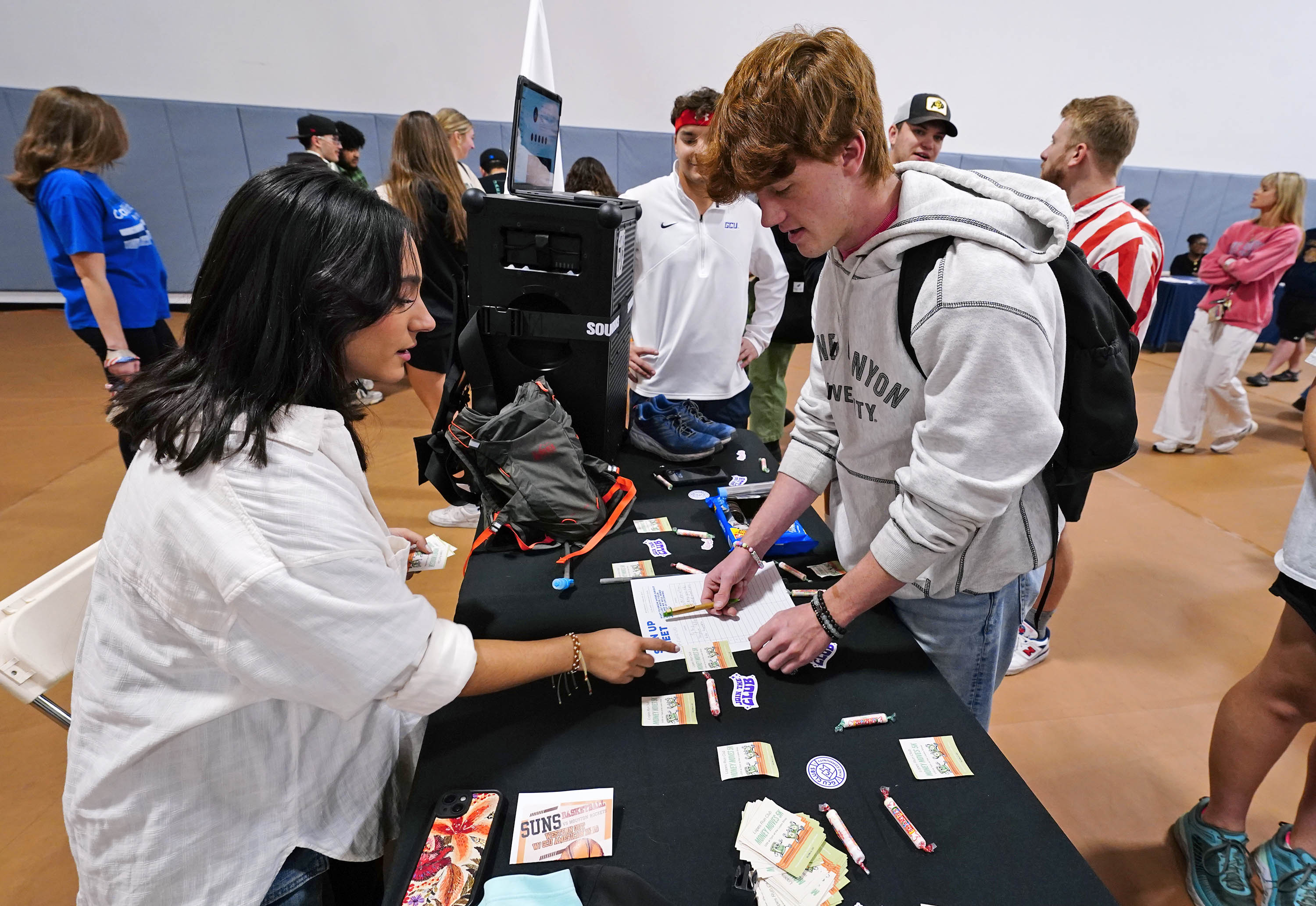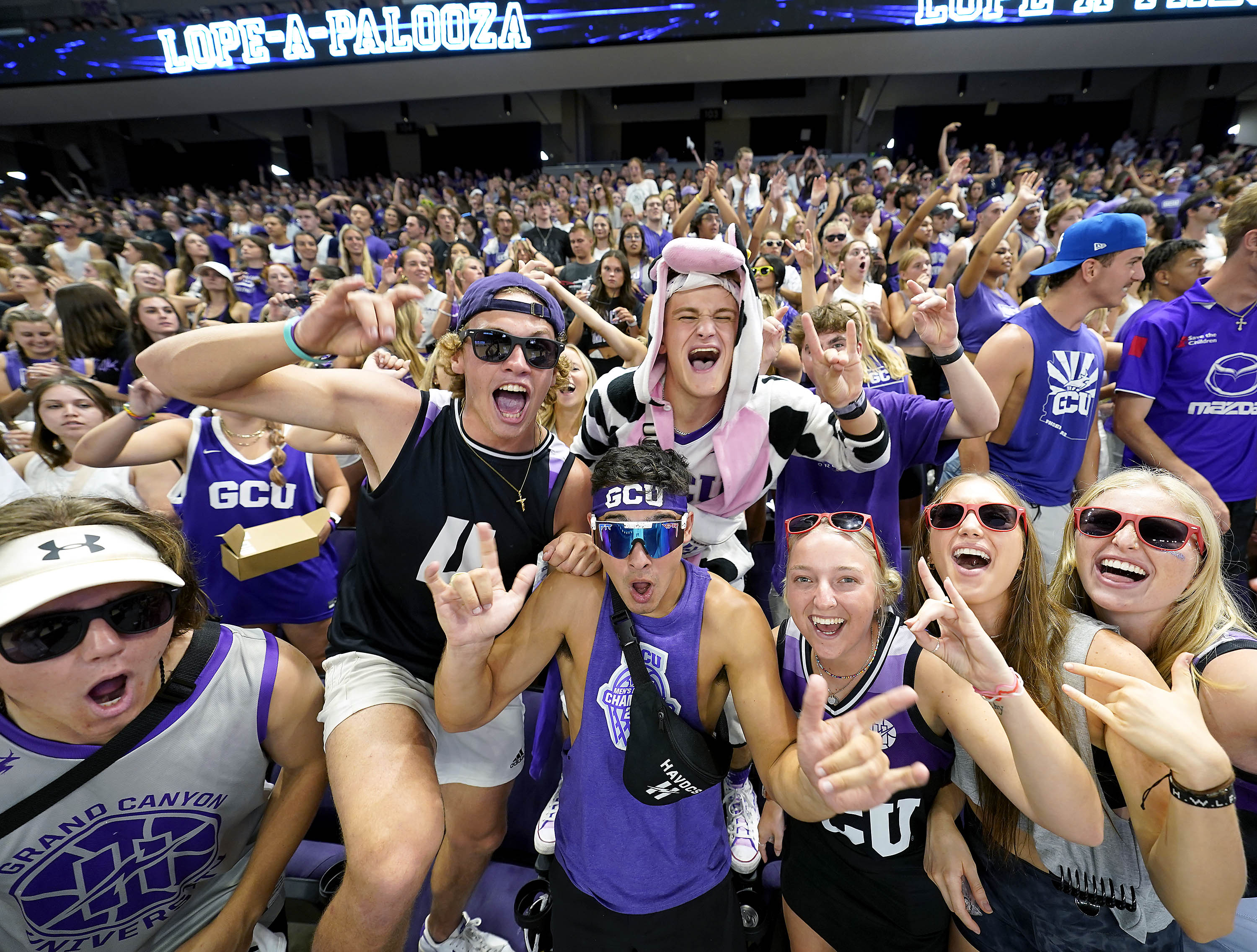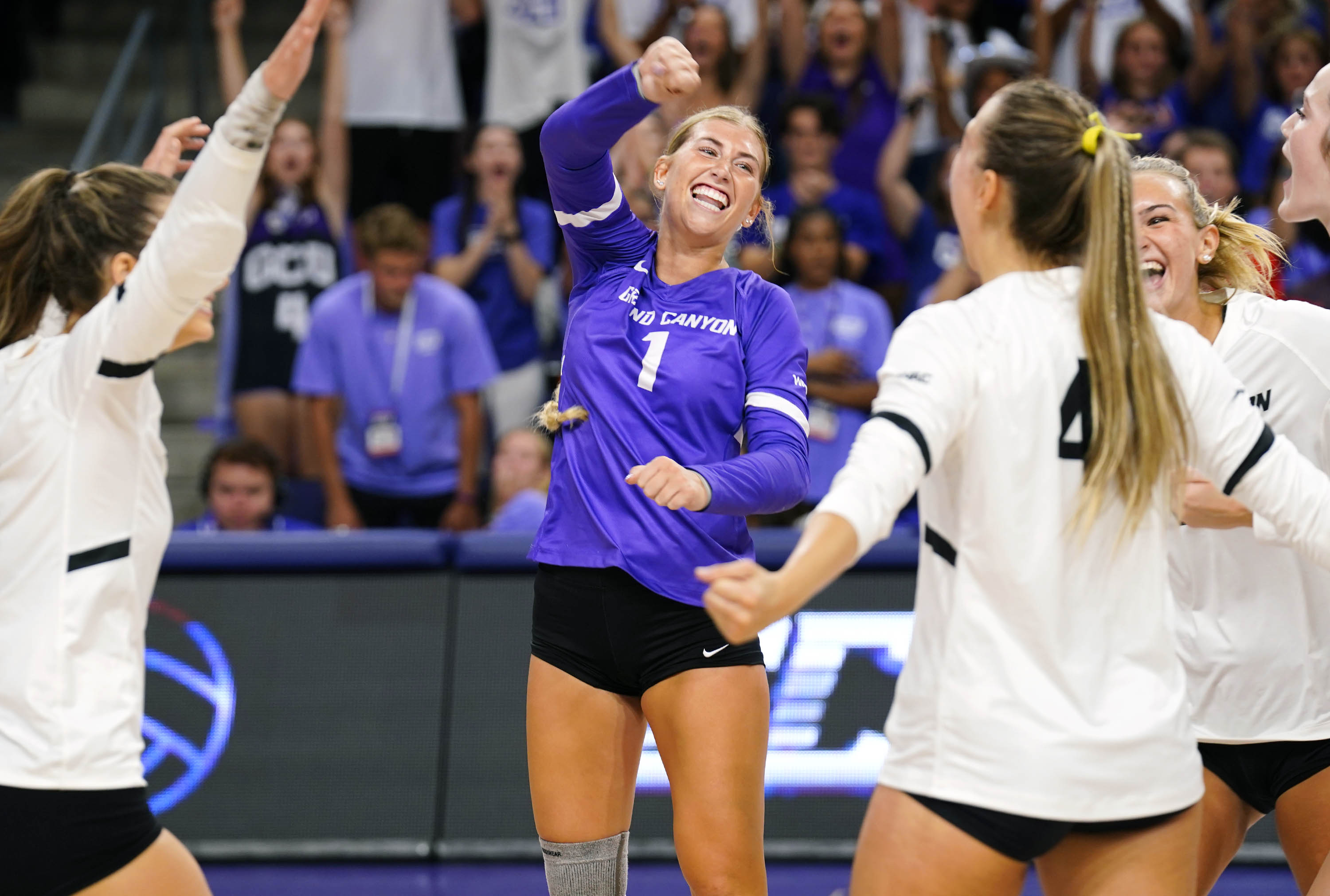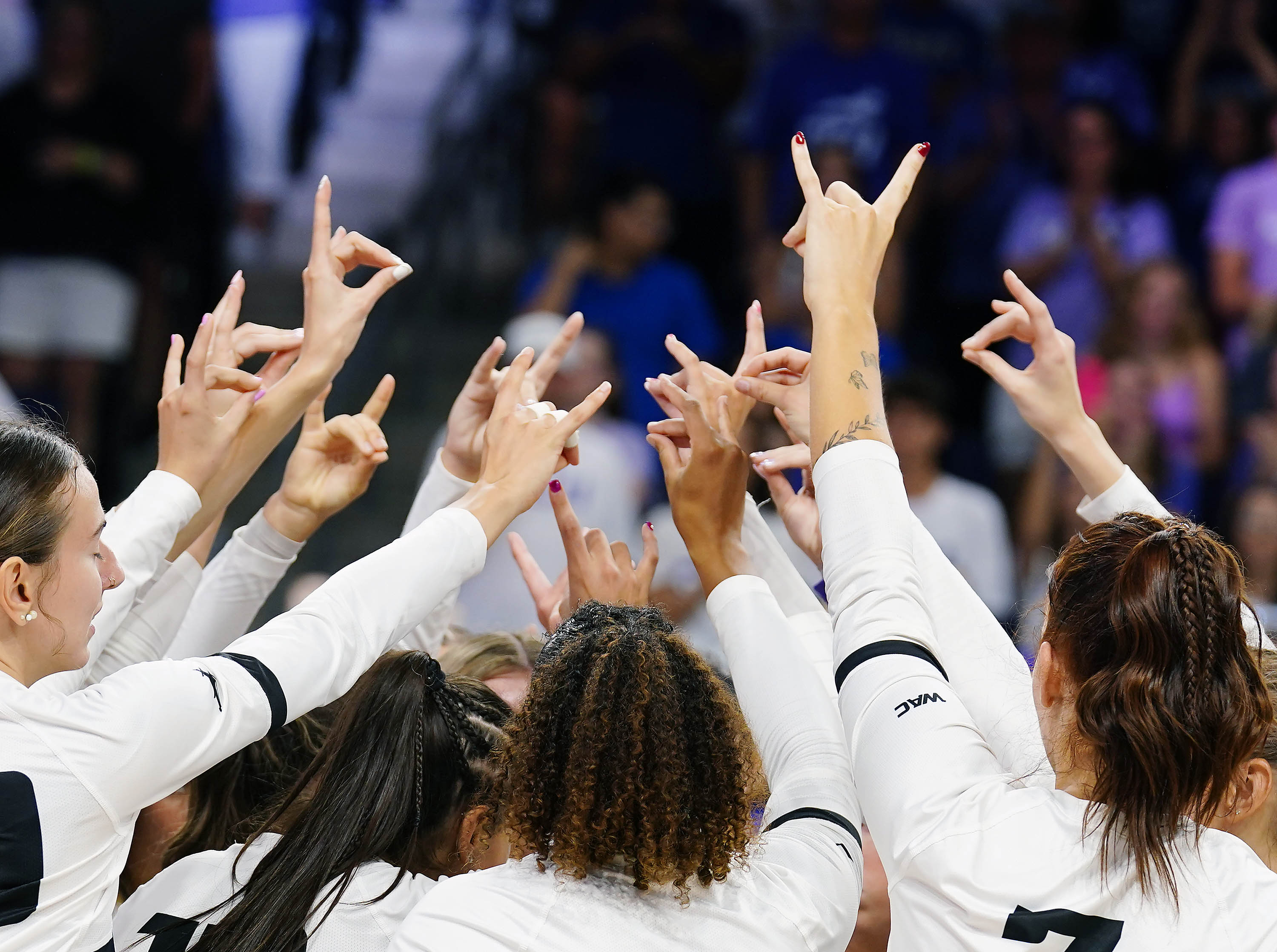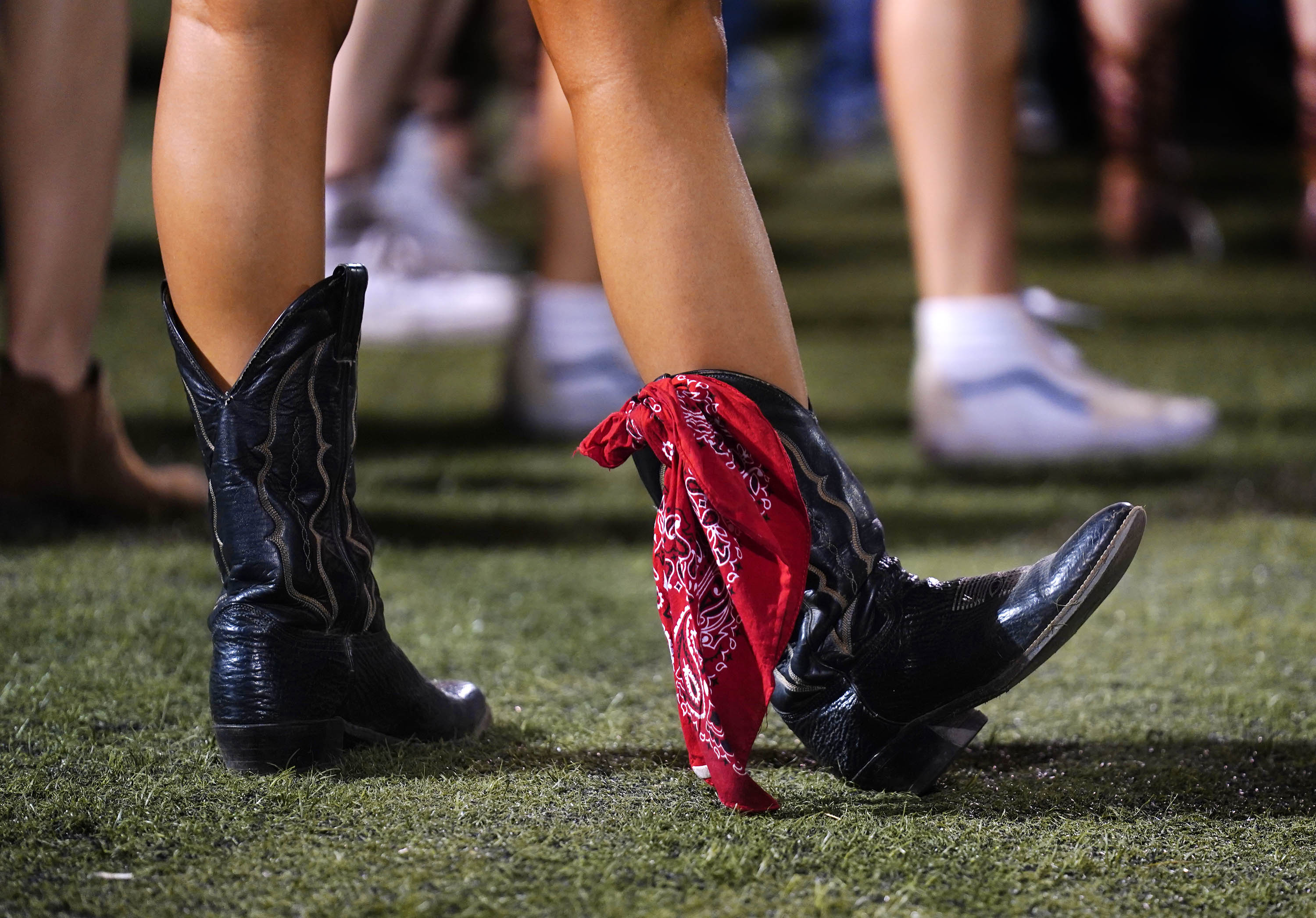By Emily Orvos
Campus Registered Dietitian
Summer is almost here, and you know what that means in Arizona – consistent days of 100-degree temperatures and doing whatever we can to stay cool.
Most of us know the importance of staying hydrated during these intense desert summers, but what practical steps can we take to ensure we’re on top of our water intake?
Daily recommended water intake
A good starting place is to drink half your body weight in ounces of water each day, though active individuals may need more. For a 150-pound individual, this equates to 75 ounces of water per day, or just shy of 2½ liters.
To hydrate effectively, spread your water intake throughout the day. Chugging two bottles of water at the end of the day to “catch up” isn’t doing your body any favors since your kidneys will excrete most water taken in large doses.
For active individuals, aiming for an additional 24-32 ounces of water per hour during higher intensity exercise (especially if you’re sweating a lot) can ensure you are maintaining important aspects of performance, such as focus, balance, concentration and agility.
Dehydration not only impacts exercise performance but also general health. If you feel dizzy, lightheaded, fatigued, have very dark urine or have dry eyes and lips, you likely need to drink more water.
What about electrolytes?
Electrolytes are essential minerals in your sweat. Sweat losses consist largely of sodium and chloride (which is why your sweat tastes salty), with smaller losses from potassium, magnesium and calcium.
Since salt is the main component of sweat, it is important to replace it if you are sweating heavily to maintain hydration balance.
Many commercial hydration products, such as Liquid IV, Gatorade or Nuun, do a great job of providing the correct dose of electrolytes for those who exercise outside and are producing a lot of sweat. No need to fear the sugar in these products – it helps your body facilitate transport of the electrolytes into your cells.
It’s important to note that some hydration products, such as Body Armor or coconut water, contain minimal amounts of sodium and are not adequate for maintaining hydration balance. These products boast high amounts of potassium, which is a very important nutrient but is lost in very minimal amounts in sweat.
That said, electrolytes are not necessary for low-intensity activity, short durations of time outside or minimal sweat produced. Plain water is just fine.
Tips for increasing hydration
- Keep a water bottle or glass of water next to you at all times. If you see it, you’re more likely to drink it.
- Add lemon, cucumber, fruit, Crystal Light, MiO, etc. to your water to flavor it if you don’t like the taste of plain water.
- Fruits and veggies are approximately 80% water. Include produce at each meal and snack to increase hydration.
- Start early! Drink a glass of water before your morning coffee or tea.
- Milk, 100% fruit juice, sports drinks, kombucha, etc. all count toward your hydration goal, as well. Switch it up if you need to.
- Include water or another beverage with each meal to ensure you are hydrating throughout the day rather than all at once.

